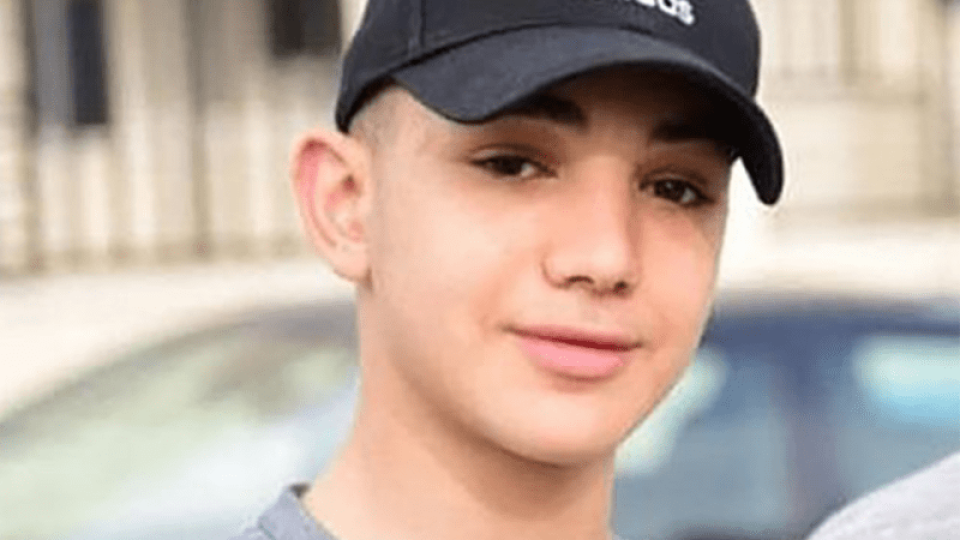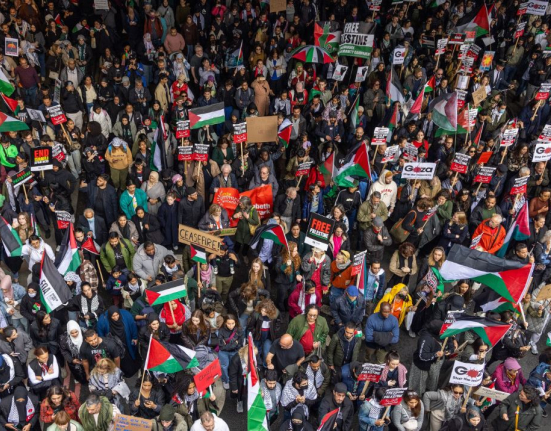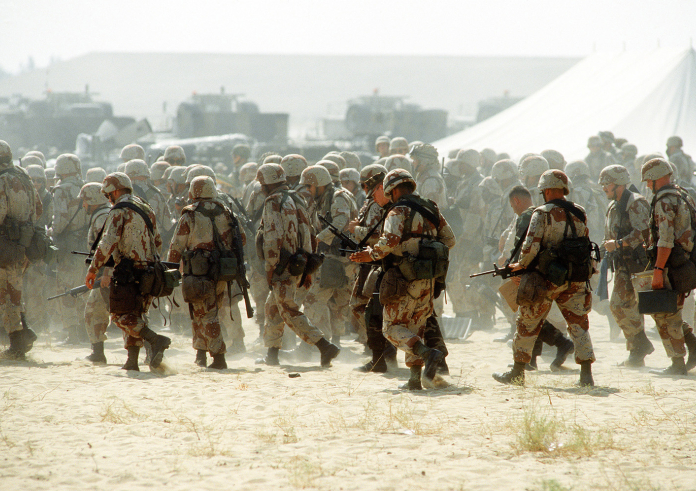by : Amal Nakhleh , The Electronic Intifada
There are growing calls on Israel to immediately release a medically vulnerable Palestinian teen who has been imprisoned for more than a year without charge or trial.
Amal Nakhleh was 17 – a child – when Israeli authorities arrested him in January 2021.
He lives with a rare chronic autoimmune disease. He recently tested positive for the coronavirus, which heightens the concern about his well-being because his condition places him at increased risk of serious illness.
Following the positive coronavirus test, Israel transferred Nakhleh to the Ramle prison clinic, which is nicknamed “the slaughterhouse” by detained Palestinians.
Since his arrest, the Israeli military has held Nakhleh in administrative detention, which can be renewed indefinitely. Under the most recent renewal, earlier this month, Nakhleh will be detained until at least 18 May.
Like all other administrative detainees, Nakhleh is held based on “secret evidence” that Israeli military authorities refuse to show to him or his lawyers.
Several UN agencies are urging Nakhleh’s “immediate and unconditional” release.
“Amal’s case is one of the more prolonged cases where a Palestinian child has been detained without charge or trial,” said the UN high commissioner for human rights, in a joint appeal with children’s agency UNICEF and Palestine refugee agency UNRWA.
“It is however not an isolated case. Currently, at least another three Palestinians are in administrative detention who were under the age of 18 when first detained,” the UN agencies added.
In December, the UN Human Rights Council’s Working Group on Arbitrary Detention issued an opinion on Nakhleh’s case, concluding that Israel should release him immediately.
EU exception
Uncharacteristically, the European Union also called on Israel to release Nakhleh, as did the Irish diplomatic mission in the occupied West Bank.
The EU mission in the West Bank said on Tuesday that Nakhleh “must be released immediately.”
EU representatives rarely intervene on behalf of Palestinian prisoners held by Israel.
When they do comment, it is usually in the advanced stages of a hunger strike. Even then, the EU does not demand their release.
At most, the EU calls for the detainee to be charged and receive a “fair trial.”
But there is no such thing as a fair trial for Palestinians subjected to Israeli military occupation.
Palestinians from the West Bank are subject to Israel’s military tribunals, which have a near-100 percent conviction rate.
A feature of Israel’s system of apartheid is that Jewish settlers living in the West Bank are not subject to the military tribunals, but to Israel’s civilian courts.
Previously, the EU urged that Israel halt “the extensive use” of administrative detention – implying the practice may be used, if more sparingly.
But most commonly, the EU expresses varying levels of “concern.”
In short, in the rare cases when the EU is not silent about the thousands of Palestinian political prisoners, including children, held by Israel, its statements are muted and late.
Of course Amal Nakhleh must be released immediately and unconditionally, as should all Palestinian children and political detainees held by Israel.
Israel is holding 160 other Palestinian children, and 500 Palestinians are currently imprisoned without charge or trial.
Israel, which claims to be a “democracy,” is the only country in the world that routinely subjects children – and only Palestinian children – to military tribunals.
But it is notable that the EU is only willing to demand the immediate and unconditional release of Nakhleh.
Could it be that EU officials are willing to do so only because he can be portrayed as sufficiently deserving of their sympathy due to his medical condition?
In its propaganda portraying itself as a champion of human rights, the EU has declared that wherever they may be in the world, “A child is a child first and foremost.”
Every child’s rights must therefore be fully and equally protected.
But it appears that when it comes to Palestinian children, only exceptional cases, like those of Amal Nakhleh, merit EU sympathy.

Boycott of kangaroo courts
Nakhleh and the hundreds of other Palestinians arbitrarily imprisoned by the occupier are currently boycotting Israel’s military courts.
The protest was launched on the first day of the year as an act of collective resistance to a system Israeli human rights group B’Tselem describes as a “Kafkaesque legal reality.”

















